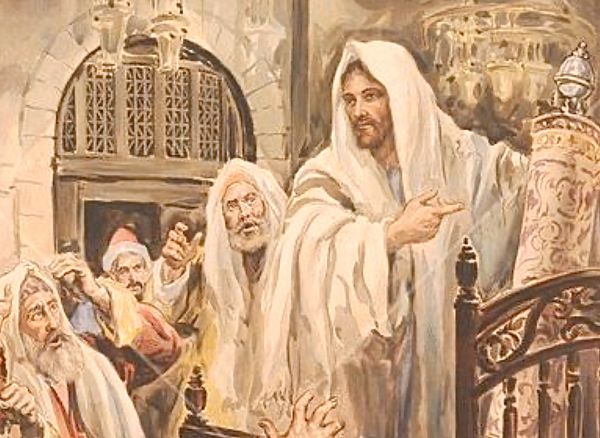In today's Gospel passage Jesus, to the Jews who did not believe in Him and wanted to stone Him, says: "even if you do not believe in me, believe in works, so that you may know and acknowledge that the Father is in me and I in the Father" (Jn 10:38).
Francis, renewed by his encounter with the Lord, had sown a new way of living and understanding the works of God.
He had a multi-dimensional gaze, which grasped the greatness of every event in perspective.
Celano, in the First Life, emphasises:
"Through Francis the ancient miracles were renewed, when in the desert of this world a fruitful vine was planted, which produces, through a new way of life, but faithful to the ancient, fragrant flowers of holy virtue and spreads everywhere the branches of holy religion" (FF 476).
"In order to draw from all things incitement to love God, he exulted in all the works of the Lord's hands and, from that show of joy, he went back to the Cause and Reason that makes all things live.
He contemplated, in beautiful things, the Most Beautiful and, following the footsteps impressed in creatures, he pursued the Beloved everywhere.
Of all things he made himself a ladder to climb and grasp the One who is all desirable.
'With the fervour of an unheard-of devotion, in each of the creatures, as in a stream, he deliberated that fountain-like Goodness, and gently exhorted them, in the manner of David the prophet, to the praise of God, for he perceived as a heavenly concert in the consonance of the various gifts and aptitudes that God had bestowed upon them' (FF 1162).
His pure and simple faith enabled him to go beyond appearances and always glimpse the Goodness of the One who is present in everything.
While always united in his every fibre with Christ, he never ceased to believe in the revelation of His works, embracing them with his tender gaze.
The Sources help us to understand:
"When he beheld the sun, the moon, the stars of the firmament, his soul was flooded with joy.
O simple piety and pious simplicity! Even for worms he felt great affection, for the Scripture said of the Lord:
«I am worm and not man»; therefore he took care to remove them from the street and put them in a safe place, so that they would not be crushed by passers-by.
And what about the other lower creatures, when we know that, during the winter, he even took care to have honey and wine prepared for the bees so that they would not freeze to death?
He magnified with splendid praise the industriousness and fineness of instinct that God had bestowed upon them, it happened that he spent a whole day praising them, those and all other creatures" (FF 458).
Yes, a heart of flesh and not of stone possesses that inward sniff that makes one recognise and believe that the Son of God does the works of the Father and with the Father, always.
Those who close their inwardness exchange the works of God for blasphemy, offending the Holy Spirit.
Francis took care of all this, and tried to pass it on to his own.
Friday, 5th wk. in Lent (Jn 10:31-42)












